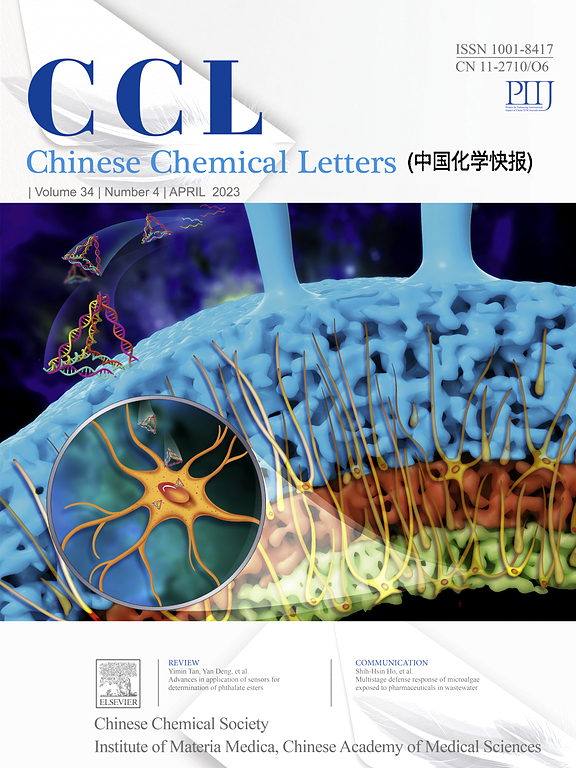Application of titanium-based advanced oxidation processes in pesticide-contaminated water purification: Emerging opportunities and challenges
IF 9.4
1区 化学
Q1 CHEMISTRY, MULTIDISCIPLINARY
引用次数: 0
Abstract
Efficient and innovative nano-catalytic oxidation technologies offer a breakthrough in removing emerging contaminants (ECs) from water, surpassing the limitations of traditional methods. Environmental functional materials (EFMs), particularly high-end oxidation systems using eco-friendly nanomaterials, show promise for absorbing and degrading ECs. This literature review presents a comprehensive analysis of diverse traditional restoration techniques-biological, physical, and chemical-assessing their respective applications and limitations in pesticide-contaminated water purification. Through meticulous comparison, we unequivocally advocate for the imperative integration of environmentally benign nanomaterials, notably titanium-based variants, in forthcoming methodologies. Our in-depth exploration scrutinizes the catalytic efficacy, underlying mechanisms, and adaptability of pioneering titanium-based nanomaterials across a spectrum of environmental contexts. Additionally, strategic recommendations are furnished to surmount challenges and propel the frontiers of implementing eco-friendly nanomaterials in practical water treatment scenarios.

求助全文
约1分钟内获得全文
求助全文
来源期刊

Chinese Chemical Letters
化学-化学综合
CiteScore
14.10
自引率
15.40%
发文量
8969
审稿时长
1.6 months
期刊介绍:
Chinese Chemical Letters (CCL) (ISSN 1001-8417) was founded in July 1990. The journal publishes preliminary accounts in the whole field of chemistry, including inorganic chemistry, organic chemistry, analytical chemistry, physical chemistry, polymer chemistry, applied chemistry, etc.Chinese Chemical Letters does not accept articles previously published or scheduled to be published. To verify originality, your article may be checked by the originality detection service CrossCheck.
 求助内容:
求助内容: 应助结果提醒方式:
应助结果提醒方式:


